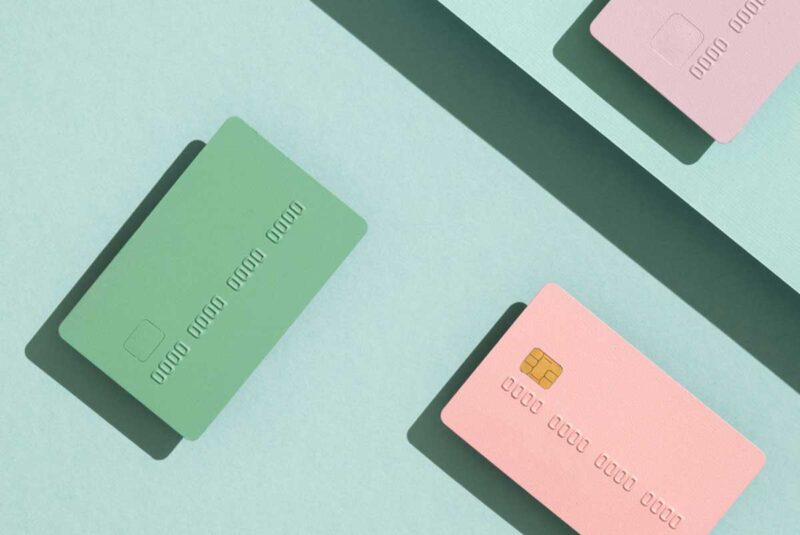Money tips for financial health
Get expert financial advice that’s easy to understand, tailored to your unique money goals
Choose a topic to get started
Featured on
Why listen to us?
We get that not everyone is—nor wants to be—a personal finance guru. That’s why we brought together a team of diverse experts to give you clear answers to your financial questions.
While financial decisions may be guided by advice, we know they’re also framed by life experience. Our tips are inclusive of various circumstances, without making assumptions about your financial situation, goals or challenges.
What you can expect From MoneyTips
Nathan Grant
Senior Financial Analyst
& MoneyTips Writer

We’re committed to providing simple, transparent, and accessible money tips to help you live your best financial life.
About Moneytips
What’s Popular on MoneyTips
Connect with a Mortgage Specialist
Answer a few questions to explore your mortgage options.
Overwhelmed by the Mortgage Process?
Our checklist breaks it into five simple steps. Like a roadmap to your new home.
Browse More Resources
Let us take care of the math
Mortgage Calculator
How much house can you afford? Get a realistic picture.
Debt-to-Income Ratio Calculator
Are you financially healthy? Your DTI is one indicator.
Compound Interest Calculator
See how earning interest on interest is like magic.
Cost of Living Calculator
Check if your finances could be impacted by a move.
Ultimate how-tos







